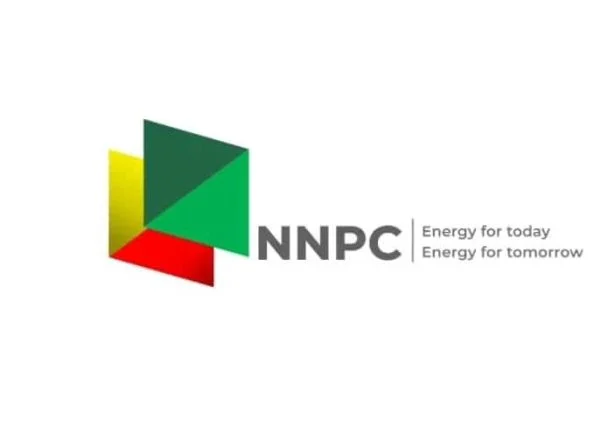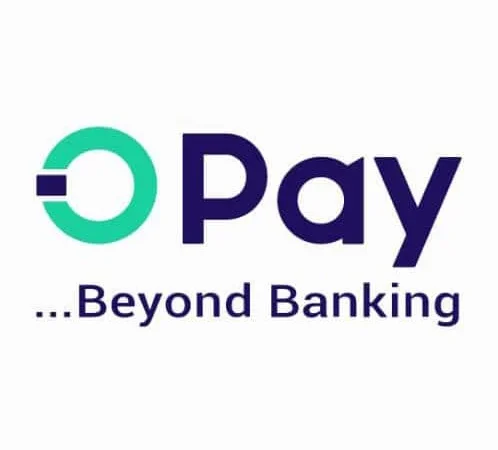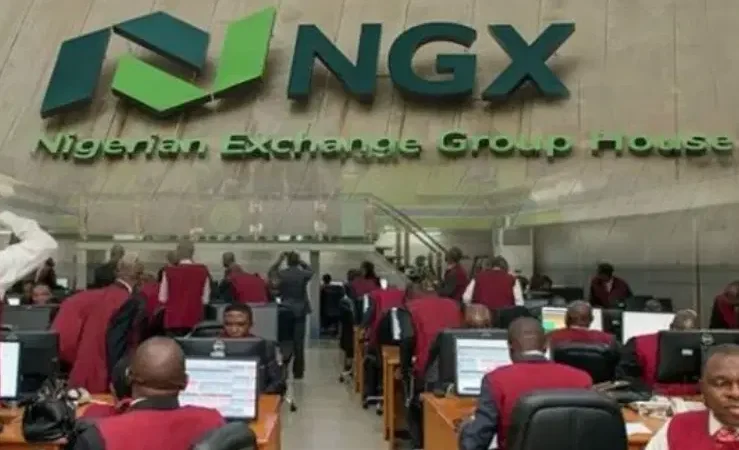Capital market offers developers cheaper options amid funding challenges
 In 2022, the subscribers of the ill-fated skyscraper, which collapsed on Gerrard Road, Ikoyi, Lagos, instituted legal action against the Lagos State Government for attempting to take over the property.
In 2022, the subscribers of the ill-fated skyscraper, which collapsed on Gerrard Road, Ikoyi, Lagos, instituted legal action against the Lagos State Government for attempting to take over the property.
The claimants argued that any compulsory acquisition of the property by way of forfeiture in favour of the Lagos State Government would amount to rewarding the government, making it take benefit from the negligence of one of its agencies and in complete disregard of the equitable interest of the applicants, which was worthy of protection by the court.
The kernel of the suit by the subscribers to the ill-starred project stemmed from the loss incurred after the collapse of the buildin
Like most commercial construction projects in the country, the building was financed primarily via subscriptions from subscribers; hence, the moment the developer, Mr Femi Osibona perished in tragic circumstances beneath the debris of the collapsed building, recovering the investments was going to be a tall order.
The instance of this case-in-point puts the spotlight on the underlying problem property developers in Nigeria face vis-à-vis construction finance, despite the veritable platform provided by the capital market.
While commercial banks and financial institutions in Nigeria have been known to offer construction loans for property development, property developers have often found it difficult to raise funding through this option due to high-interest rates and strict criteria attached to it.
Another means through which property developers have resorted to raising capital is crowdfunding, which allows individuals to diversify their investment portfolio and participate in projects that were previously only available to institutional investors.
However, the success of real estate crowdfunding investments depends on the credibility and reliability of the crowdfunding platform. Real estate crowdfunding investments are also typically illiquid, meaning that it may be difficult to sell or exit the investment before the project’s completion.
For property developers, the source through which a project is funded will typically determine profitability since some of these sources would usually impose pressures on how and when to sell.
For instance, a developer who finances construction via off-plan subscriptions has indirectly given up the right to price the property upon its completion; hence, losing out on any possible windfall which presents itself as market conditions continue to change.
For experts, the inadequacies replete in many of the more conventional sources of construction finance add credence to the veritable platform provided by the capital market to raise funds for construction purposes, a platform which gives the developer more control over the development project.
The argument is that the capital market is a critical pillar of long-term fund mobilisation needed for capital formation to fast-track economic growth and development.
The capital market is the market for securities, where companies and governments can raise long-term funds.







